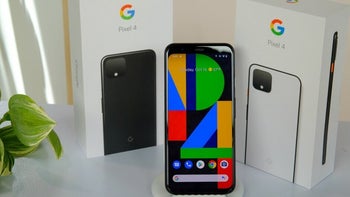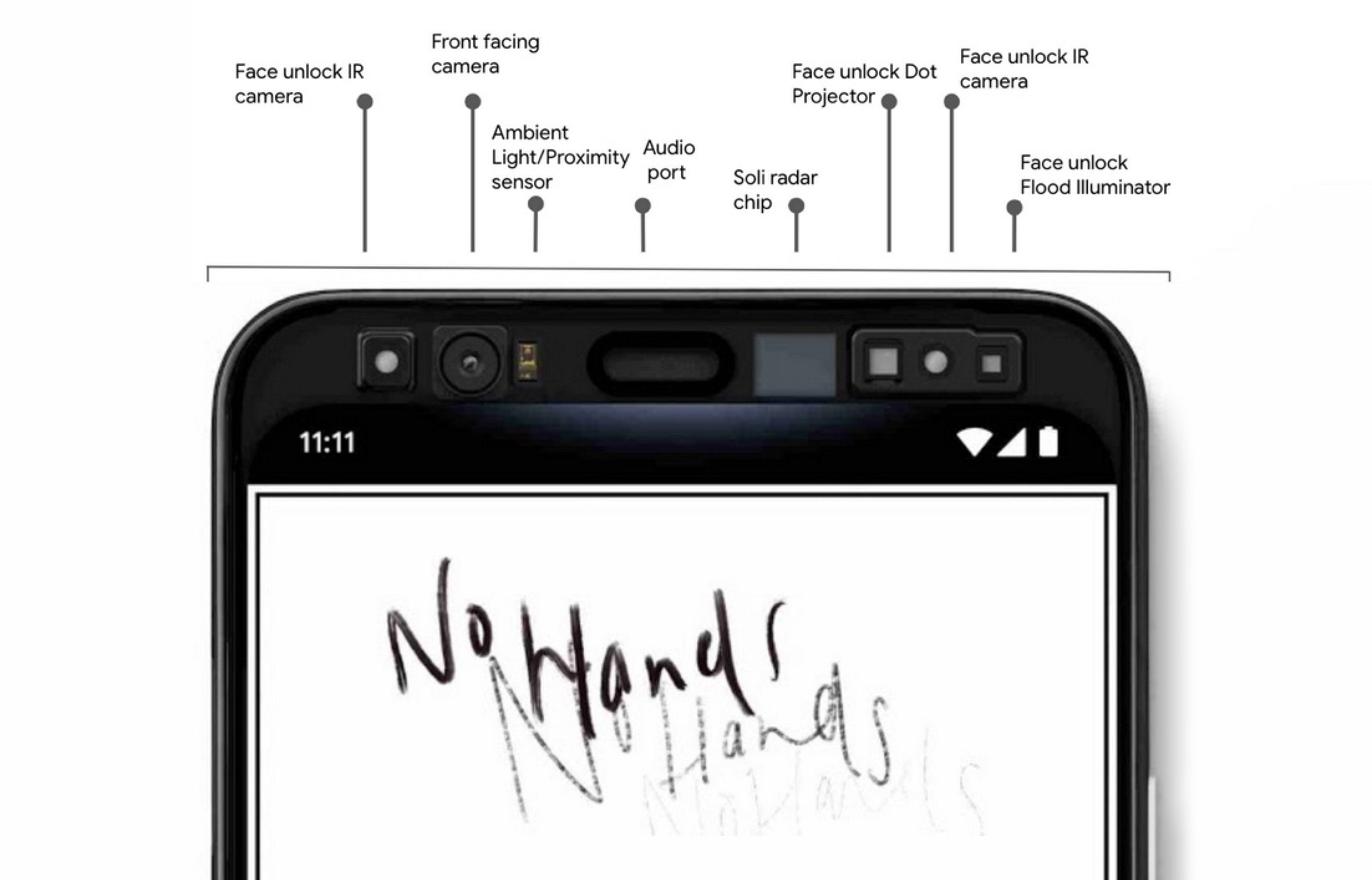You can't blame those who pre-ordered the Pixel 4 for being upset with Google

One reason why Google should move the launch of its Pixel handsets to earlier in the year is that the release date is too close to Black Friday. Why would anyone pre-order a Pixel 4 for a late October launch if Google was planning to put the units on sale just about four weeks later? This year, Google gave those early adopters $100 of Google Store credit that would hit their account in 6 to 8 weeks. Considering this offer, many felt that Google had no plans to discount its newest handsets for Black Friday. But that line of thinking turned out to be wrong.
As it turned out, Google decided to take $200 off of the Pixel 4 and Pixel 4 XL starting on November 24th for Black Friday. That not only throws those who pre-ordered the Pixel 4 under the bus, by the time they get their $100 Google Store credit, the holiday shopping season will be pretty much over. And those who waited for Black Friday ended up rewarded with a better deal than those who pre-ordered one of the Pixel 4 models. Doesn't Google think that these loyal customers are going to remember how they got screwed over this year when Pixel time comes again next year, or even the year after that?
As usual, there were several issues with the Pixel 4 at launch
Last year, Google gave those who pre-ordered a Pixel 3 $50 in Google Store credit. But it started handing out the credit in 4 to 6 weeks. Sure, it might have hurt those early buyers when Google reduced the Pixel 3 by $150 and the Pixel 3 XL by $200 for Black Friday, but by then Google had already started handing out the $50 Google Store credit reducing some of the pain.
Historically Pixel models have had several issues at launch that required a software update. Take the Pixel 2 and Pixel 2 XL launch of 2017. The latter suffered from screen burn-in and with the Pixel 2, some users could hear strange clicking and whistling sounds on phone calls. This year, the Pixel 4 lineup had a few issues on launch day. The rear camera's white balance algorithm was off, causing the lighting to come out wrong in some photos. Additionally, a metronome-like ticking could be heard on the audio of some videos.

The sensors for the Pixel 4's Face unlock are found in the phone's large forehead
The November monthly update included some patches for the Pixel 4 line that fixed the problem with the cameras and made a change to the models buttery smooth 90Hz refresh rate. To save battery life, the Pixel 4 will automatically drop the refresh rate down to 60Hz on some content where the faster refresh rate won't make a difference. But when the screen goes back and forth between 60Hz and 90Hz, it will flicker at lower screen brightness levels. So Google set up the Smooth Display feature to be disabled whenever the brightness level dropped under 75%. But that set off howls of protest from Pixel 4 buyers. So with the November update, Google eliminated the restriction for the Pixel 4 XL entirely. And with the Pixel 4, the threshold dropped to 42%; if the screen on that model stays above 42%, the refresh rate will stay at 90Hz.
Other updates are coming. One will allow Pixel 4 users to request that their eyes be open for the Face unlock biometric feature to unlock the phone. Right now, without this option, those with the device can, in theory, have their phone unlocked by someone who puts it up to their face while they are sleeping. Under a scarier scenario, a bad actor could knock a Pixel 4 user unconscious just to unlock the handset. Google has said that in a future update it will add an option allowing device owners to require that their eyes be open in order for Face unlock to open the phone.










Things that are NOT allowed: